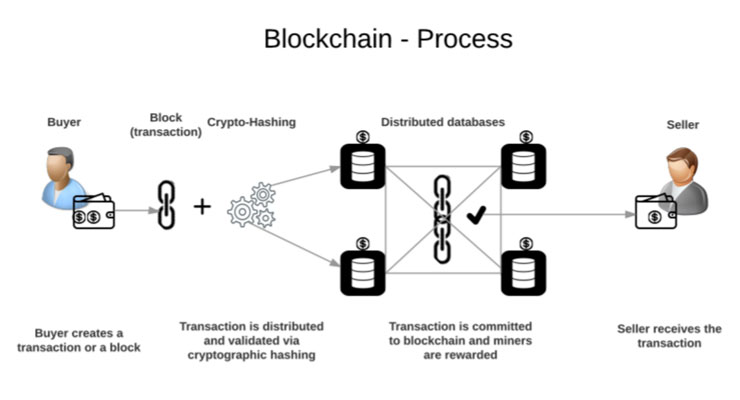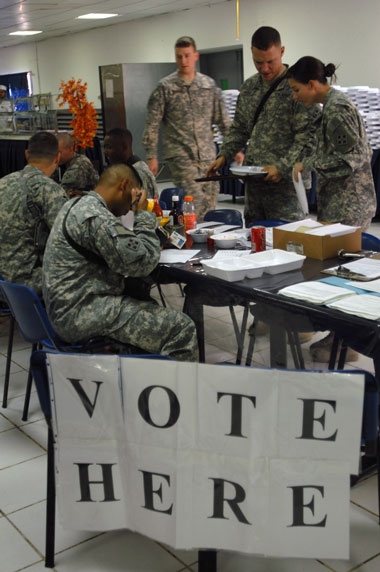
Leaders in West Virginia are in the process of setting up the United States’ first portable blockchain voting system that will allow military members overseas to vote via the revolutionary technology instead of having to use mail-in ballots. It marks the latest step in a worldwide experiment to figure out a way to utilize mobile blockchain technology for secure elections.
“West Virginia is taking the lead in providing safe and accurate voting systems to encourage voter participation at every level,” West Virginia Secretary of State Mac Warner said in regard to the issue. The new technology is being set up for the May 8, 2018 primary elections for the upcoming November election.
The primaries that are scheduled for May 8, are for two upcoming Republican primaries for an open Senate seat in West Virginia and the West Virginia 3rd Congressional District election. Both are closed primary meaning only registered Republicans can vote.

The process of voting for overseas military members is a constant headache for states during an era when thousands in the military are deployed in places as far afield as Afghanistan, Germany and South Korea. According to the Mongolia County clerk, only a handful of participants are expected to try the new technology during this trial period.
The West Virginia solution will involve new technology known as blockchain that enables users to vote via cell phone. In response to the numerous concerns about possible outside influence during the 2016 Presidential election, there are several venture capital companies that are trying to develop blockchain technology for future elections. Blockchain is the same tech behind the rise in digital currencies like Bitcoin that have revolutionized international financial markets.
Today, many companies are proposing different methods of using blockchain for voting, viewing blockchain as a safer alternative to traditional voting mavchines. The technology is so safe, say some, that it could even be combined with biometrics and used to enable voting with your smartphone.
The West Virginia experiment is being conducted using technology developed by the Tusk/Montgomery Philanthropies in partnership with the New America and the Blockchain Trust Accelerator, and is connected with Voatz, a widely known blockchain startup company based in Boston Massachusetts. Voatz was recently able to raise 2.2 million to fund the project from the capital markets and announced the app would be available on iPhones or Android smartphones for download.
“We’re working hard to increase the level of confidence citizens have in our election process. Increased confidence results in increased participation” Warner continued. West Virginia had a relatively high voter turnout in the 2016 Presidential election with 57.2 percent of eligible voters participating, an increase over 2012, when turnout during the Presidential election was 54.96 percent.
“If the military or their family or other Americans working overseas are in an area where they may or may not have access to any kind of computer technology or scanner, they may not have access to regular postal service,” Mongolia County Clerk, Carye Blaney said regarding the voting process. Mongolia County is one of the counties in West Virginia is one of the counties that will test out the new app.
Several benefits can be garnered from using an app for voting which include the ability for users to verify that their vote was recorded by looking at the blockchain app. The app allows users to vote from anywhere in the world, provided they have an internet connection and here’s no reason for election administrators to miscount or misunderstand the vote.
It is essential for the United States to test out new technology for elections as older voter machines have proven to be vulnerable to outside tampering and are becoming increasingly obsolete. This vulnerability is particularly acute in their ability to control of sensitive voting information stolen from databases after being left on machines after elections.
A tutorial on how the Voatz app works can be seen here:
This video features the announcement that followed Voatz’s $2.2 Million fundraising:
Leave a Reply